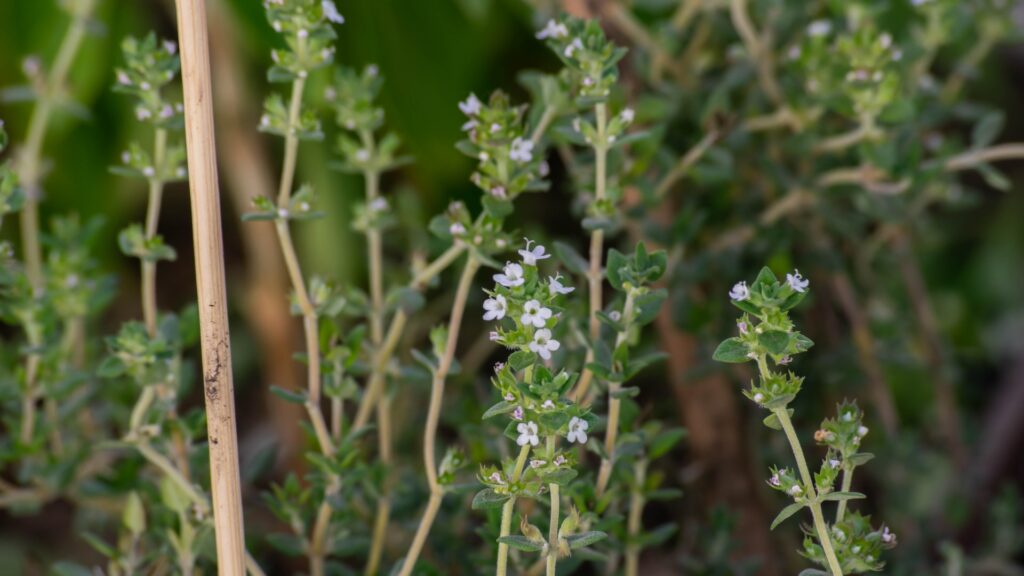Introduction:
Organic gardening is a rewarding and eco-friendly practice that allows individuals to grow their own fresh and nutritious produce while minimizing harm to the environment. Whether you have a spacious backyard or a small balcony, starting your organic garden can be a delightful and fulfilling experience. In this blog post, we will explore the numerous benefits of organic gardening and provide some practical tips on how to get started.
Importance of Organic Gardening:
1. Health Benefits: Organic gardening involves avoiding synthetic pesticides, herbicides, and fertilizers, which can have harmful effects on our health. By growing your own organic fruits and vegetables, you have control over what goes into your food, ensuring a healthier and safer option for you and your family.
2. Environmental Impact: Conventional farming practices often contribute to water pollution, soil erosion, and the depletion of natural resources. Organic gardening, on the other hand, promotes sustainability by focusing on soil health, biodiversity, and water conservation. By practicing organic gardening, you can reduce your carbon footprint and protect the environment.
3. Nutritional Value: Organic produce is known to have higher nutritional value compared to conventionally grown food. Organic farming practices prioritize soil quality, resulting in crops that are packed with essential vitamins, minerals, and antioxidants. Building your organic garden means you have access to nutrient-rich food right at your doorstep.
Getting Started with Organic Gardening:
1. Plan and Design: Start by choosing an appropriate location for your garden, considering factors such as sunlight, soil quality, and drainage. Sketch out your garden design and determine the types of plants you want to grow.
2. Preparing the Soil: Organic gardening relies on healthy soil. Test your soil to determine its pH level and nutrient composition. Amend the soil with organic matter, compost, or well-rotted manure to improve its fertility and structure.
3. Choosing Organic Seeds and Plants: Use organic and non-GMO seeds or seedlings to ensure your garden is truly organic from the start. Seek out local suppliers or reputable online sources that offer a wide variety of organic options.
4. Companion Planting and Pest Control: Encourage biodiversity in your garden by practicing companion planting, which involves strategically planting certain plants together to promote growth and deter pests naturally. Avoid harmful chemicals and explore organic pest control methods such as biological control, crop rotation, and companion planting.
5. Watering and Mulching: Use efficient watering techniques such as drip irrigation or soaker hoses to minimize water waste. Mulch around plants to conserve moisture, suppress weeds, and improve soil health.
Conclusion:
Starting your own organic garden is an enriching experience that allows you to reconnect with nature and take control of your food production. By embracing organic gardening practices, you contribute to a healthier ecosystem, promote sustainability, and enjoy the superior quality and taste of homegrown organic produce. So grab your gardening tools, get your hands dirty, and embark on your organic gardening journey today!
Remember to tag this post as “organic gardening,” “gardening tips,” “sustainable farming,” and categorize it under “Gardening” to ensure better search engine visibility and help more gardening enthusiasts find this informative article on the benefits and practices of organic gardening.

